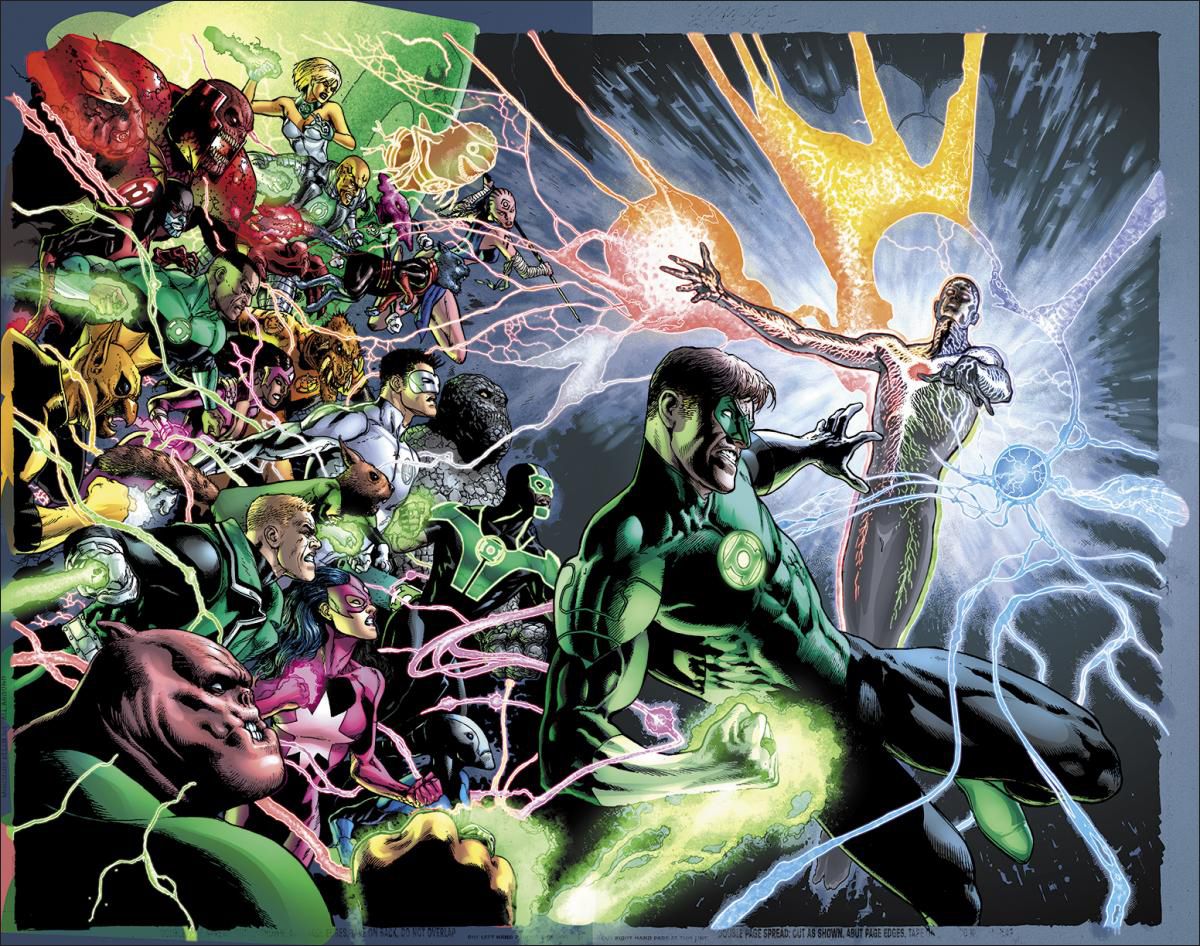The mythologies built by comics, particularly superhero comics, is often pointed out as one of the great accomplishments of the medium.
There's no doubt the Marvel and DC universes are impressive feats of world-building. In Marvel Comics: The Untold Story, Sean Howe proclaimed the Marvel Universe "the most intricate fictional narrative in the history of the world". If you discount DC because of its various universe resets from Crises and Flashpoints and what-have-yous, I guess that's true. Whoever gets to wear the crown, both sets of characters have been generating dozens of stories, usually hundreds of stories, every month since the late 1930s. Erik Larsen's Savage Dragon universe might be in third place.
Of course, superhero comics aren't alone in this: In Japan, popular manga series also tend to get pretty long in the tooth. Osamu Akimoto's police comedy Kochikame has been running weekly since 1976, resulting in more than 1,700 chapters collected in nearly 200 volumes. Takao Saito's twice-monthly crime manga Golgo 13 is older, having launched in 1969. One Piece has 69 volumes, Naruto has 64, and Bleach 58.
These are amazing accomplishments, but we don't appreciate the satisfying arc of a finite story often enough.
Ending his nine-year run writing Green Lantern, Geoff Johns spoke this week with Comic Book Resources about the themes of his tenure, focusing on Hal Jordan and his world, and I was struck by how deeply he thought about the book. His ideas on understanding our emotions and their significance to life show that the stories were about more than simply flying around in space. It's clear Johns put a lot of himself into the book, and it appears he's found an appropriate end point. He listened to the needs of the story and his own creative muse, and knew it was the right time. And reading him explain the almost beautiful way he's brought his whole narrative full circle, I'm not entirely sure I want to see what comes next. In many ways, this has become Geoff Johns' Hal Jordan, and to watch someone else take it over and carry on removes some of the resolution to Johns' finale.
That's not a knock on incoming Green Lantern writer Robert Venditti. And that doesn't mean DC should retire the characters and never touch them again. Instead, I would be more interested in seeing what Venditti and future writers would do with Green Lantern in a fresh context. Similarly, I'm hesitant to get too invested in whoever will write Earth 2 after James Robinson's final issue. Someone should just do a new Earth 2, instead of trying to pick up the pieces.
I'm reminded of the struggles that Uncanny X-Men writers had after Chris Claremont ended his 16-year run. For the most part, it just felt like people were doing Claremont impressions. Sure, they were entertaining Claremont impressions, and eventually some of them found their own spin, but it didn't really feel like someone had really grabbed the reins on those characters until Grant Morrison and Frank Quitely showed up on New X-Men. What if 1991's X-Men #3 ended with 'The End'? What if we left those characters there? And then what if next month Scott Lobdell and the others that followed did their own X-Men, incorporating what they like from what came before but creating their own unique stories? And then when they were done, Marvel brought in new creators with their own takes?
Of course this sort of scenario will not happen in the near future, despite the great jumping-on points it would provide. If Marvel or DC incorporated that kind of publishing strategy across their entire lines, or even most of their lines, the ability to do money-making events and crossovers would all but vanish. The illusion of continuity would be shattered, and for some that's of more interest and value. And it is an illusion when you try to account for all of the errors, personality overhauls and disjointed plots that inevitably occur when hundreds of people are writing under a deadline for decades.
It becomes obvious that keeping a personal canon is really the only way to save your sanity and bank account. It's also a challenge to create satisfying conclusions. Even celebrated TV shows struggle with it, either leaving audiences divided (like Lost and The Sopranos) or fizzle out (Battlestar Galactica). So why risk messing up a good thing when you can instead just perpetually keep doing the good thing, even if it's no longer good?

